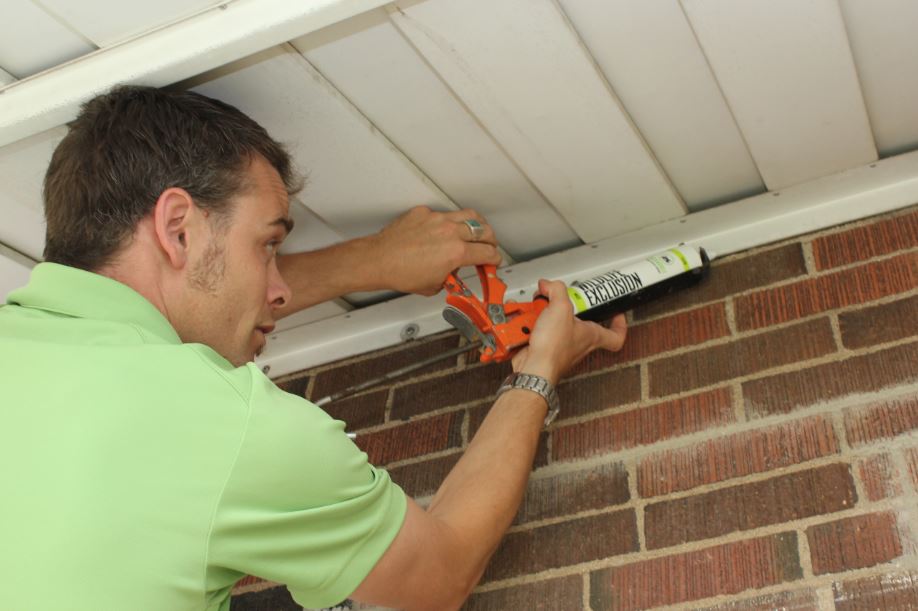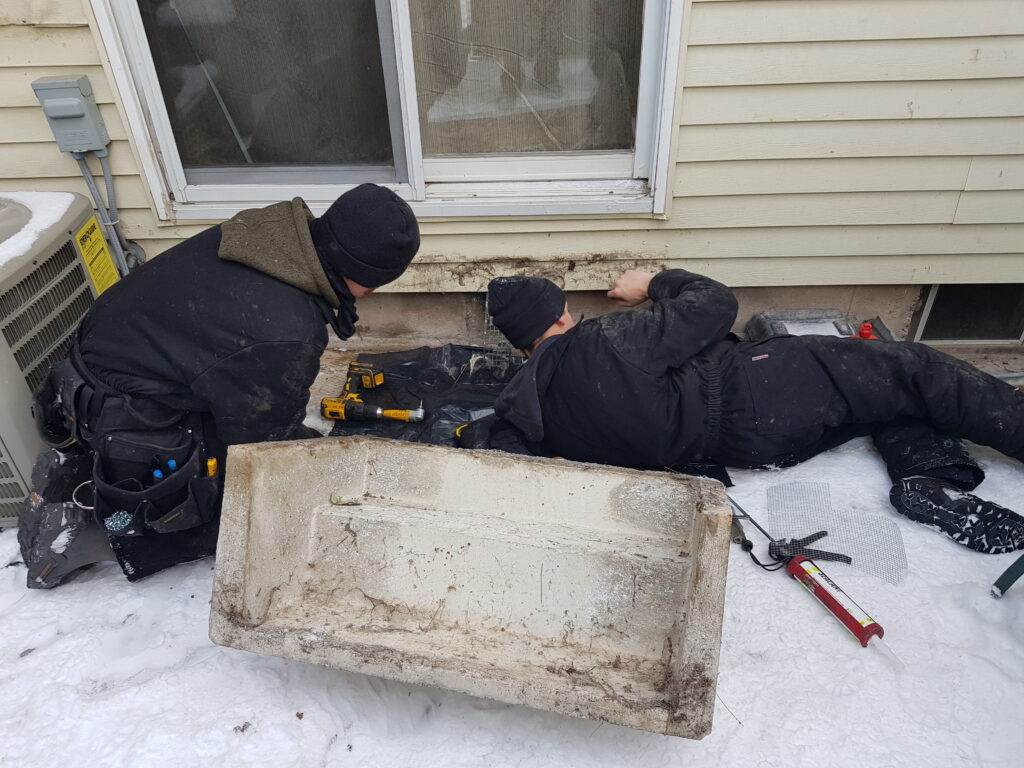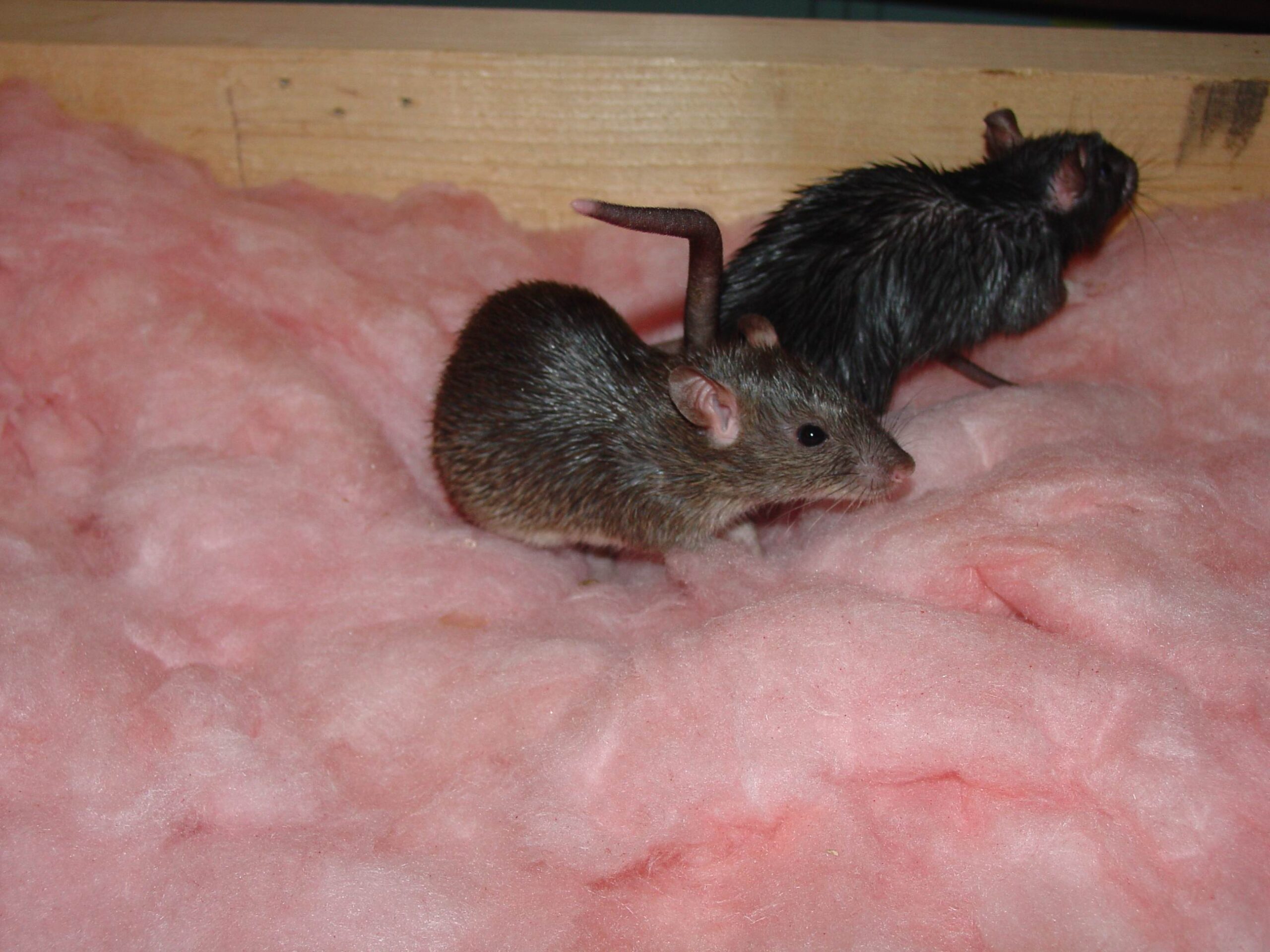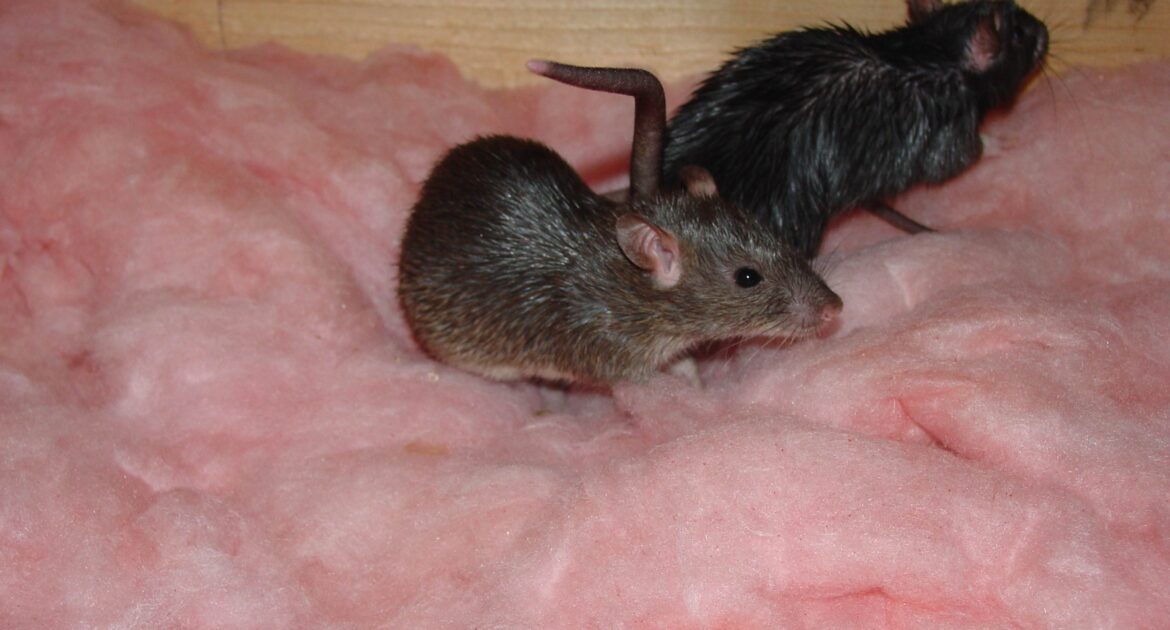As a rental property owner or tenant, you are likely aware that you have specific obligations. Unfortunately, your obligations are not always so clear or known. For example, who is responsible for rectifying a rodent infestation or its damages? While mice removal in Coquitlam can help in such a situation, who makes the call?
The answer is not always so cut and dry. In certain situations, a tenant may be responsible for resolving the problem, especially if their direct actions led to it. However, in most instances, a landlord should take the reigns.
The truth is both landlords and tenants have responsibilities. Each party plays a role in the maintenance and care of a property. While a landlord has extra obligations regarding property, equipment, and structure upkeep, the tenant must also take action to maintain a stable and safe environment.
At its most basic, a landlord and tenant agreement specifies what responsibilities are required of each party. Neglect in any area can lead to legal actions, not the least of which is how to get rid of rats or mice. For further information regarding the B.C Residential Tenancy Act see here.
1. Landlord Must Maintain Liveable Properties By Law
Tenant laws can vary by municipality, but one fundamental truth remains: the landlord must maintain a liveable property. A liveable property must have working plumbing, electricity, heat, and other necessities. Additionally, the property must be free of mold and any other issues that can threaten the health and safety of a tenant, such as a mouse infestation.
With only a basic understanding of legal responsibilities, it is clear a landlord is responsible for eliminating rodent infestations. One exception to this rule in most municipalities is if the tenant is directly responsible for the infestation.

2. Tenants Should Maintain a Clean, Uncluttered Environment
When tenants sign a rental agreement, they agree to take care of the property, which means keeping it neat and tidy. A failure to keep the property’s interior and exterior clean and maintained may mean they are responsible for rodent exclusion and mitigation costs.
Laws can vary across municipalities, but for the most part, if a tenant’s neglect results in the issue, they are responsible for the cost. A landlord may choose to resolve the issue quickly, but they may have a legal right to recoup financial losses from the tenant.
3. Both Parties Must Understand Tenant Rights
Before signing any agreement, a landlord and tenant should read over the Residential Tenancy Act to understand their rights and obligation in B.C. Under section 32, the document states clearly the tenant and landlord’s responsibilities.
Landlords must maintain a property that complies with health, safety, and housing standards. A tenant must maintain reasonable sanitary, cleanliness, and health conditions of the unit and other residential structures they have access to.
Reading the entirety of the act will ensure you understand your role as a landlord. Ask an attorney or a proper authority for clarification if you have any questions.
Hiring a Wildlife Control Service for Prevention and Exclusion

Regardless of who created the environment that led to a rodent infestation, as a property owner, you should contact wildlife control services as soon as possible. Mice and other rodents reproduce quickly, and it is not unusual for a population to explode from a few to a few hundred in as little as six months.
Are you a property owner or landlord that just learned of a possible rodent infestation or problem at one of your residences? Don’t wait to take action. Contact Skedaddle Humane Wildlife Control and schedule a property assessment. We will send a team out to determine the appropriate next steps. Our trained technicians will inspect the property, identify entry holes and sanitary concerns. Skedaddle uses humane methods such as exclusion wherever possible and provide a lifetime guarantee to ensure your property is protected for years to come.




